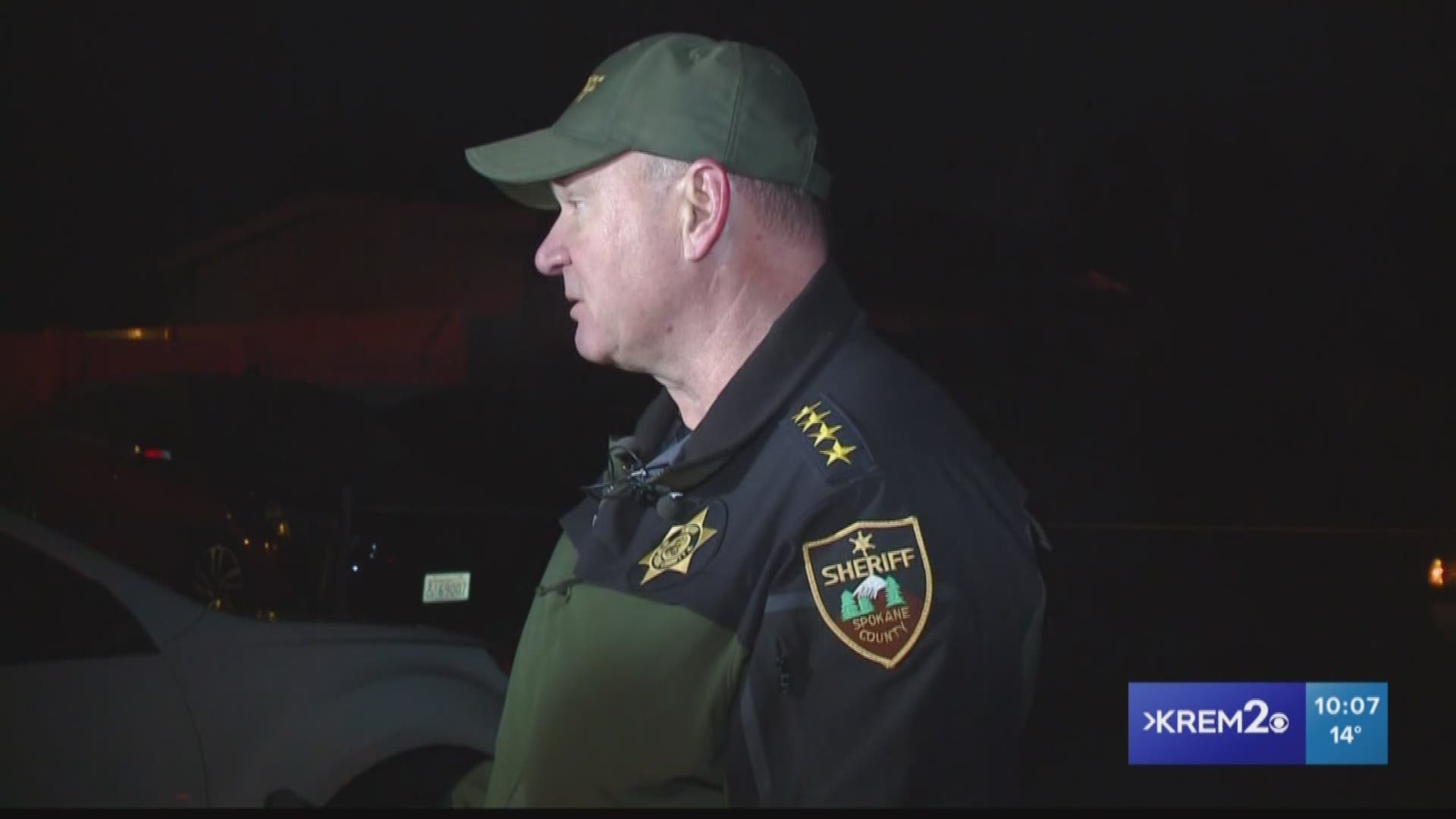SPOKANE, Wash. — After a Spokane County Sheriff's deputy shot and killed a man last week, Spokane County Sheriff Ozzie Knezovich criticized brand new state laws that dictate how investigations into such shootings must be conducted.
The laws are in part a product of I-940, an initiative to the legislature approved by Washington voters in 2018, with 59% of the vote. Last week's shooting is the first in Spokane to fall under their purview.
That initiative was designed to increase police accountability and decrease police violence, largely through mandatory training. But also dictates that investigations into police shootings must be "independent."
I-940, combined with ordinary state legislation and the 2015 federal Department of Justice report on policing nationwide, resulted in new Washington Administrative Codes. Those codes place new restrictions on police shooting investigations.
"The rules concerning this new protocol are draconian," Knezovich said in a press conference following last week's shooting.
After a cop uses deadly force, it's always been the case that an investigation is launched into whether or not that force was justified. In Spokane, it's long been the case that the shooter's agency could not lead that investigation, but could assist in it.
Under the new laws, a special investigative team is formed. It must include two citizens who are not law enforcement and, crucially, no one from shooter's entire agency can participate in the investigation in any way.
"The sheriff's office no longer has any ability to assist the City of Spokane or [Washington State Patrol] in this investigation. So the full burden of this investigation falls on those two agencies," Knezovich said.
The code is meant to keep the investigation independent, so that people can trust it's done properly and without any sort of bias or undue influence.
Knezovich says it kneecaps investigators by cutting off their resources.
"The city now has half the manpower we used to have in order to get these things done," he said.
To maintain separation, the rules also say that no one from the shooter's agency will even be in the loop. The one exception is the head of the agency, in this case the sheriff, who will get periodic briefings but not constant updates.
"This law took away my ability to keep you informed and to really know what's going on in this investigation," Knezovich said.
However, the law also has provisions explicitly for keeping the public informed. For instance, the leader of the investigative team must provide an update every week, regardless of whether or not their is new information.
The provision that seemed to frustrate Knezovich the most is one regarding the sharing of specialized equipment. Under the law, the shooter's agency cannot even offer up their unique tools to the investigative team, unless certain requirements are met.
First, it must serve a necessary purpose that can't be served other ways. Secondly, the non-cop advisors have to be informed of its usage. Third, those advisors must be given a plan for how the tool will be used without letting the shooter's agency into the loop.
"Let's say [investigators] needed our drone today, which they did. Technically, they're not supposed to use anything, any piece of equipment that we own," Knezovich said. "That's just ridiculous."
That third requirement gives insight into why the law exists. It appears designed to prevent holes in the information firewall. Basically, the idea is if the shooter's agency provides specialized equipment, they'll want to send its operator with it. That operator would thereby become involved in the investigation, compromising its independence.
The Spokane Police Department continues to run the investigation into the deputy-involved shooting, with assistance from Washington State Patrol and none from the Spokane County Sheriff's Office or the associated Spokane Valley Police Department.

